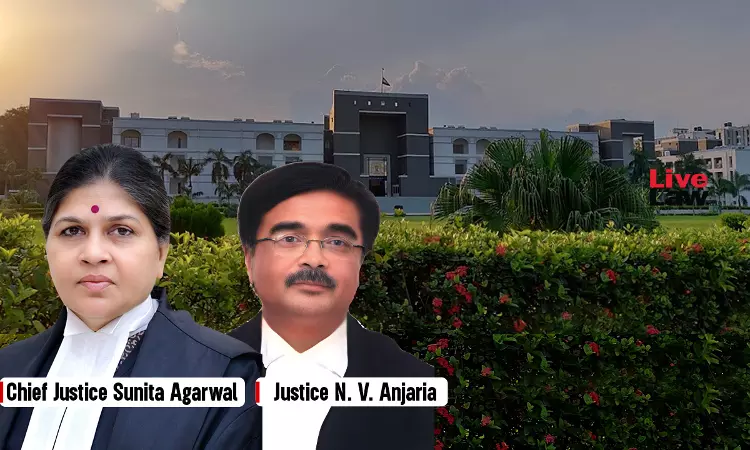Once FIR Is Quashed, It Is Duty Of Press To Delete Case-Related News Articles: Gujarat High Court
Bhavya Singh
27 July 2023 2:55 PM IST

Next Story
27 July 2023 2:55 PM IST
The Gujarat High Court on Thursday observed that once an FIR is quashed, news articles related to it should be deleted by the press as continuous circulation could potentially harm the goodwill of the person against whom the FIR was filed. However, the court did not pass any direction for deletion of the news articles at this stage.The observations were made by a bench of Chief Justice...
